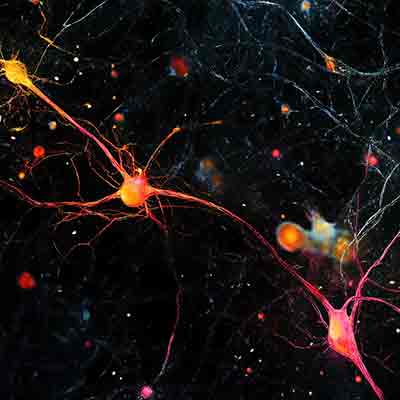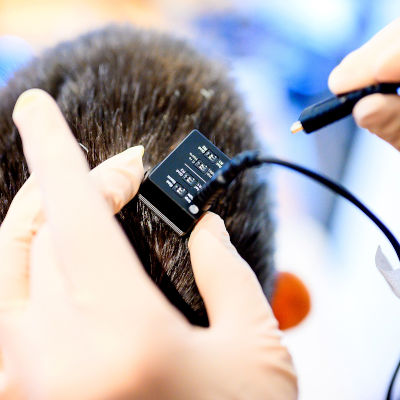Scientists turn on new neuron production in mice brains
Oct. 04, 2024.
2 mins. read.
7 Interactions
New research results suggest the possibility of finding ways to turn on new neuron production in old or injured brains.
New research results published by Stanford University scientists suggest the possibility of finding ways to turn on new neuron production in old or injured brains.
Some new neurons are still produced in the adult brain by neural stem cells. But, as brains age, the neural stem cells become less and less adept at making these new neurons. This results in memory impairments and degenerative brain diseases as Alzheimer’s and Parkinson’s. It also makes it more difficult to recover from stroke or other brain injury.
A research paper published in Nature provides new results on how and why neural stem cells, the cells behind the generation of new neurons in the adult brain (neurogenesis), become less active as brains age. The paper suggests new ways to make old neural stem cells more active, and the possibility to stimulate neurogenesis in younger brains in need of repair.
The researchers used CRISPR technology, which allows to precisely edit the DNA of living cells, to conduct a genome-wide search for genes that, when knocked down, increase the activation of neural stem cells in cultured samples from old mice, without also increasing it in young ones. Knocking out a gene means inactivating it by editing its DNA in a way that permanently stops the expression of the gene.
One of those genes is the gene for the glucose transporter, known as the GLUT4 protein. This suggests that elevated glucose levels in and around old neural stem cells could be keeping those cells inactive.
The scientists demonstrated that knocking this gene out indeed had an activating and proliferative effect on neural stem cells, leading to a significant increase in new neuron production in living mice. After the intervention, the scientists observed a more than twofold increase in newborn neurons in old mice.
According to the scientists, similar methods could permit treating brain injuries.
A hopeful finding
This “is a hopeful finding,” says research leader Anne Brunet. It suggests not only the possibility of designing pharmaceutical or genetic therapies to turn on new neuron growth in old or injured brains, but also the possibility of developing simpler behavioral interventions, such as a low carbohydrate diet that might adjust the amount of glucose taken up by old neural stem cells. “The next step,” Brunet continued, “is to look more closely at what glucose restriction, as opposed to knocking out genes for glucose transport, does in living animals.”
Let us know your thoughts! Sign up for a Mindplex account now, join our Telegram, or follow us on Twitter.


.png)

.png)


.png)






0 Comments
0 thoughts on “Scientists turn on new neuron production in mice brains”